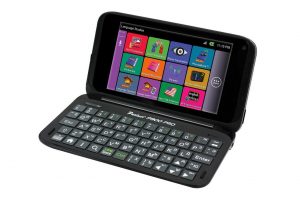Pocket Translators
Throughout the course of human history there is one aspect of communication that has restricted people. This is the fact that many cultures use their own unique language. Having to learn a different tongue has created a barrier that often isolates different groups of people.
 For centuries the only way to cross this barrier was to learn a different language. Becoming multilingual is not an easy task for everyone. Some find it fairly simple to do, whereas others severely struggle. However, that has changed all thanks to the invention of pocket translators.
For centuries the only way to cross this barrier was to learn a different language. Becoming multilingual is not an easy task for everyone. Some find it fairly simple to do, whereas others severely struggle. However, that has changed all thanks to the invention of pocket translators.
These handheld devices contain translation software that can convert words and phrases into different languages. This input can either be done by typing or speaking. Some of these devices are so advanced that people can carry on entire conversations just by speaking into them and hearing back the translations.
On the other hand there are a few downsides to these products. The main restriction is the fact that many of them require an internet connection to work. They also require regular charging either through batteries or power sockets. A small number of pocket translators run on solar power. Higher end devices tend to be fairly large in size and somewhat cumbersome due to their speakers and mics.
Vacationers
These devices are particularly useful for people who vacation in foreign countries. They make buying goods and asking for directions much easier. The convenience of pocket translators has given them widespread appeal for travelers.
Their Potential Redundancy
However, even though pocket translators are a game changer they may also already have become redundant thanks to smart phones. Mobile devices can now download the same type of software found in pocket translators. Because of this, the manufacturers of pocket translators are likely to suffer a decrease in sales in the years to come.







